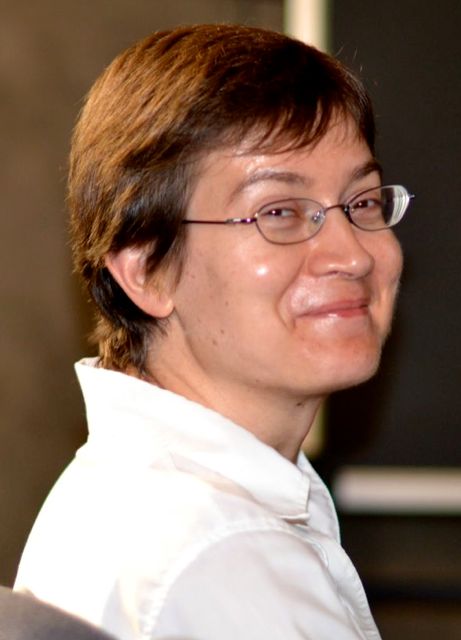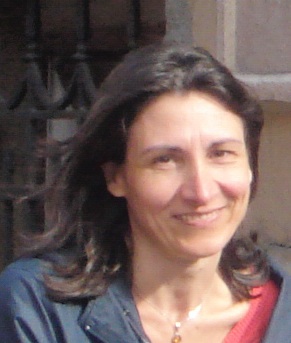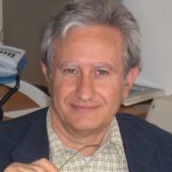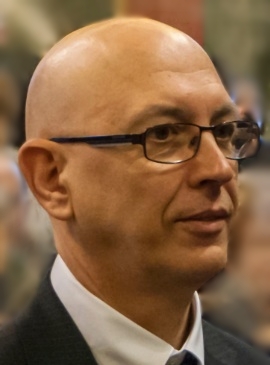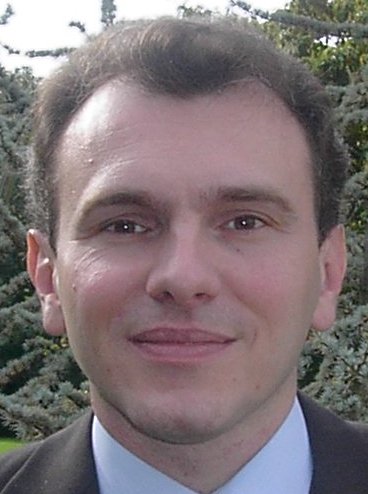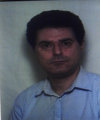Studying at the University of Verona
Here you can find information on the organisational aspects of the Programme, lecture timetables, learning activities and useful contact details for your time at the University, from enrolment to graduation.
Academic calendar
The academic calendar shows the deadlines and scheduled events that are relevant to students, teaching and technical-administrative staff of the University. Public holidays and University closures are also indicated. The academic year normally begins on 1 October each year and ends on 30 September of the following year.
Course calendar
The Academic Calendar sets out the degree programme lecture and exam timetables, as well as the relevant university closure dates..
| Period | From | To |
|---|---|---|
| Periodo zero | Sep 19, 2005 | Oct 10, 2005 |
| 1° Q - 2° anno e successivi | Oct 3, 2005 | Dec 2, 2005 |
| 1° Q - 1° Anno | Oct 17, 2005 | Dec 2, 2005 |
| 2° Q | Jan 8, 2006 | Mar 9, 2006 |
| 3° Q | Apr 3, 2006 | Jun 9, 2006 |
| Session | From | To |
|---|---|---|
| Exam period 0 | Oct 17, 2005 | Oct 21, 2005 |
| Exam Session I | Dec 12, 2005 | Dec 23, 2005 |
| Exam Session II | Mar 20, 2006 | Mar 31, 2006 |
| Summer term | Jun 19, 2006 | Jul 28, 2006 |
| Autumn term | Sep 4, 2006 | Sep 29, 2006 |
| Session | From | To |
|---|---|---|
| Extra term | Dec 14, 2005 | Dec 14, 2005 |
| Winter term | Mar 15, 2006 | Mar 15, 2006 |
| Summer term | Jul 19, 2006 | Jul 19, 2006 |
| Autumn term | Sep 13, 2006 | Sep 13, 2006 |
| Period | From | To |
|---|---|---|
| All Saints Day Holiday | Nov 1, 2005 | Nov 1, 2005 |
| Immaculate Conception | Dec 8, 2005 | Dec 8, 2005 |
| Christmas holidays | Dec 23, 2005 | Jan 7, 2006 |
| Easter holidays | Apr 13, 2006 | Apr 19, 2006 |
| Liberation Day | Apr 25, 2006 | Apr 25, 2006 |
| Labour Day holiday | May 1, 2006 | May 1, 2006 |
| Saint's Day Holiday | May 21, 2006 | May 21, 2006 |
| Day of the Republic | Jun 2, 2006 | Jun 2, 2006 |
| Summer holidays | Jul 31, 2006 | Aug 31, 2006 |
Exam calendar
Exam dates and rounds are managed by the relevant Science and Engineering Teaching and Student Services Unit.
To view all the exam sessions available, please use the Exam dashboard on ESSE3.
If you forgot your login details or have problems logging in, please contact the relevant IT HelpDesk, or check the login details recovery web page.
Academic staff
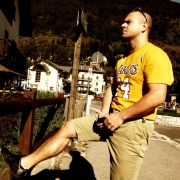
Squassina Marco
 marco.squassina@univr.it
marco.squassina@univr.it
 +39 045 802 7913
+39 045 802 7913
 luca.vigano@univr.it
luca.vigano@univr.it
Study Plan
The Study Plan includes all modules, teaching and learning activities that each student will need to undertake during their time at the University.
Please select your Study Plan based on your enrollment year.
3° Year activated in the A.Y. 2007/2008
| Modules | Credits | TAF | SSD |
|---|
4° Year activated in the A.Y. 2008/2009
| Modules | Credits | TAF | SSD |
|---|
5° Year activated in the A.Y. 2009/2010
| Modules | Credits | TAF | SSD |
|---|
| Modules | Credits | TAF | SSD |
|---|
| Modules | Credits | TAF | SSD |
|---|
| Modules | Credits | TAF | SSD |
|---|
| Modules | Credits | TAF | SSD |
|---|
Legend | Type of training activity (TTA)
TAF (Type of Educational Activity) All courses and activities are classified into different types of educational activities, indicated by a letter.
Advanced Operating Systems (2008/2009)
The teaching is organized as follows:
Learning outcomes
Module: Teoria
-------
The course covers advanced concepts related to operating systems, particularly focusing on distributed and real-time operating systems. Theoretical aspects will be further investigated with practical applications in laboratory.
The course consists of 32 hours of front lectures and 12 hours of practical applications.
Theaching material will be provided by the theacher during the course.
Module: Laboratorio
-------
The course consists of 12 hours of laboratory concerning advanved programming on cluster systems and embedded operating systems.
Program
Module: Teoria
-------
* Introduction:
- Not conventional operating systems
° distributed operating systems
° multi-processor operating systems
° real-time operating systems
° embedded operating systems
- Organization of not conventional operating systems
° microkernel
° exokernel
° cluster
- Examples
* Distributed operating systems:
- Problems
- HW and SW architectures
- Project metrics (transparence, flexibility, reliability, scalability)
- Communication on distributed systems
° protocols
° client-server paradigm
* Synchronization in distributed opearting systems:
- Clock synchronization
- Mutual exclusion and atomic transitions
- Deadlock
* Process Management in distributed operating systems:
- Process allocation
- Process migration
- Process scheduling
* Distributed file systems:
- Problems and implementation
- Naming and caching
- Case study: NFS
* Distributed shared memory:
- Conceptual model
- Implementation
- Consistency models
* Real-time operating systems:
- Problems and limitations
° determinism
° reactivity
° reliability
- Examples
* Scheduling in real-time operating systems:
- Clock, deadline, and timeout
- Priority scheduling
- Deadline scheduling
- Aperiodic and periodic scheduling
Module: Laboratorio
-------
* Laboratory:
- Distributed programming for cluster
- Implementation of some functionalities in an open-source embedded operating system
Bibliography
| Author | Title | Publishing house | Year | ISBN | Notes |
|---|---|---|---|---|---|
| A.Tanenbaum | Disitributed Operating Systems | Prentice Hall | 1994 | 0132199084 | |
| Giorgio Buttazzo | "HARD REAL-TIME COMPUTING SYSTEMS: Predictable Scheduling Algorithms and Applications", | Kluwer Academic Publishers | 1997 | ||
| W. Stallings | Operating Systems - Internal and Design Principles (Edizione 3) | Prentice Hall | 1998 | 0138874077 |
Examination Methods
Module: Teoria
-------
The final examination consists of a written (oral) test containing theoretical questions and exercises.
The test is passed with a grade of at least 18/30. The maximum grade is 30/30. The oral is optional.
Module: Laboratorio
-------
The final examination consists of a written (oral) test containing theoretical questions and exercises. This test is contextual to the theory examination.
A laboratory project (to be done in a group of 2/3 students) is optional and it may consist of:
- implementing/modifying one or more functionalities of a real-time operating system
- implementing an application for a cluster
- analyzying, evaluating and presenting new trends on distributed or real-time operating systems.
The maximum grande for the project is 4/30 to be added to the grade of the theory's test.
Type D and Type F activities
Modules not yet included
Career prospects
Module/Programme news
News for students
There you will find information, resources and services useful during your time at the University (Student’s exam record, your study plan on ESSE3, Distance Learning courses, university email account, office forms, administrative procedures, etc.). You can log into MyUnivr with your GIA login details: only in this way will you be able to receive notification of all the notices from your teachers and your secretariat via email and soon also via the Univr app.

